A General Surgery Resident’s Perspective: From an interview with a general surgery resident at Orlando Health, in Orlando, Florida.
Part of an interview series entitled, “Specialty Spotlights“, which asks medical students’ most burning questions to physicians of every specialty. See what doctors from every specialty had to say about why they chose their specialty and how to match in their residency.
- What attracted you to General Surgery?
I appreciate the combined operative and medical management of patients. Surgeons make definitive management of patient issues. There is a great variety of operative procedures. As a general surgeon I am able to care for both long and short term patient management scenarios. There is a great deal of job opportunities and availability. I enjoy team-based patient management.
- Describe a General Surgeon’s typical work day?
I usually wake up at 0400,I am at hospital by 0500 to round on patients until about 0700. I will be in the OR from 0700 until about 1600 with intermittent 30-60 minutes breaks between cases to eat, follow-up on patients, and see new consults. From 1600-1800 we follow-up on outstanding patient issues and setup for following day. On good days, I return home and from 1800-2000 I study for following day cases and current patient problems. On non-operative days, simply change the OR times to clinic from 0800-1600.
- What type of lifestyle can a General Surgeon expect?
As a general surgeon I work weekends at least 2-3 times per month. The amount of free time you will have is extremely dependent on your sub-specialty choice. Private practice surgeons enjoy significantly more free time while surgeons in academic practice spend more time with research and have less operative/clinic time generally. Call is usually taken for 24 hours periods and you will be working most of the day and night. Some surgeons have a tendency to scheduling elective cases during their call days, but this depends on how difficult your call is.
- What is the average salary of a General Surgeon?
The overall salary of a surgeon is highly variable amongst sub-specialties, typically between $250,000-$500,000.
- What is the job market like for General Surgeon?
There is no lack of general surgery positions. I would say they are extremely available for both private practice and academic positions. There is some variability among sub-specialties. However, overall, we are one of the most high recruited specialties.
- What can you tell us about General Surgery Sub-specialties?
Residency for general surgery is 5 years mandatory and more commonly 1-2 years research years during PGY2 or 3. Therefore, many general surgery residencies last 6-7 years before fellowship. Fellowships typically last 1-2 years. Subspecialties have more call and higher salary. Additionally, sub-specialties are generally in more demand than general surgeons.
- What are the potential downsides of General Surgeon that students should be aware of?
The schedule is less flexible due to emergent surgical problems. Surgical shift hours are not reliable and typically cases will be delayed or run over and require staying at the hospital beyond a call or shift. This leads to a schedule that can be variable. Training programs are not as “intense” as they were historically, although there are still high expectations of surgical residents. There are not many other residents/doctors who work as hard as general surgeons.
- What else would you tell medical students who are considering General Surgery?
One thing students should realize is that there is more peri-operative management being handled by hospitalist services for elective surgical problems. Therefore, some of the duties and responsibilities of a surgeon 20 years ago and being placed in the hands of non-surgeons. Additionally, surgical critical care services are beginning to limit the medical management requirements of general surgeons.
Editor's Note: For more help choosing a specialty in medicine, I highly recommend one or both of these two great books. I found both very useful.






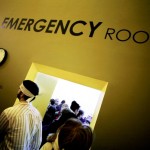
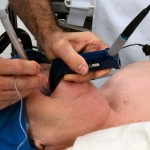
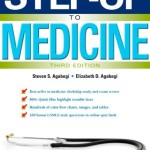
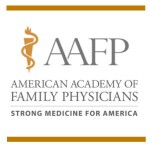
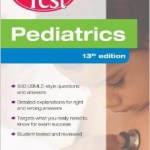



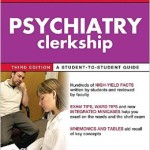
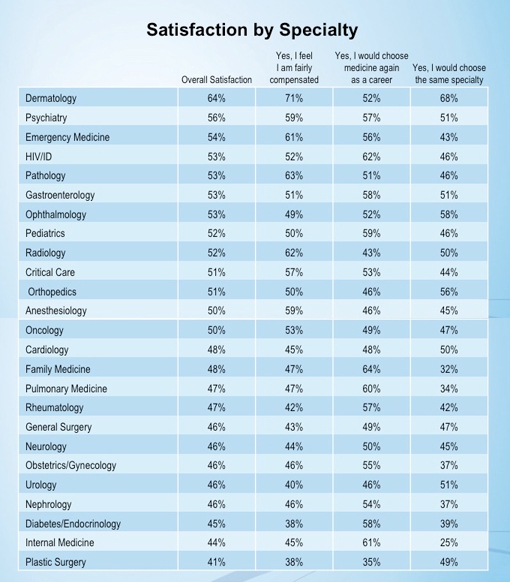
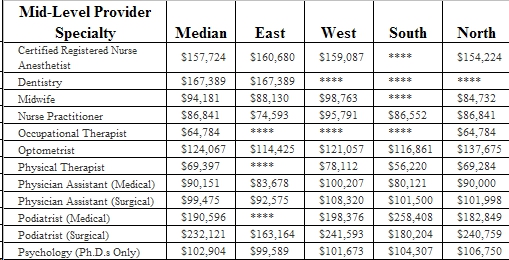
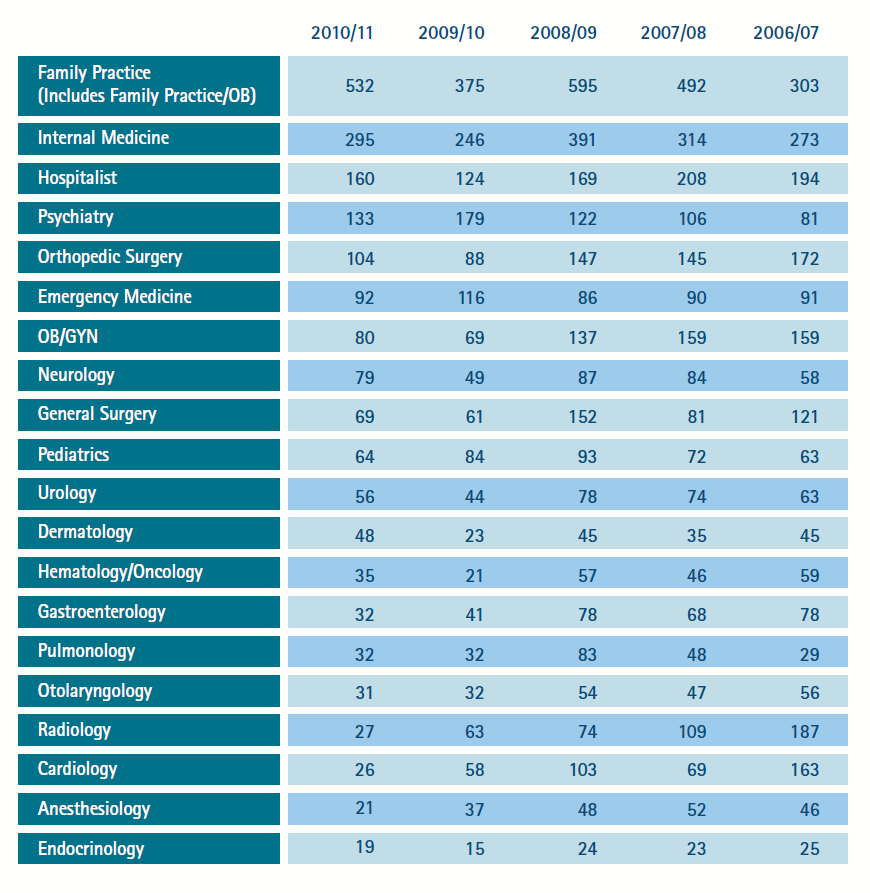
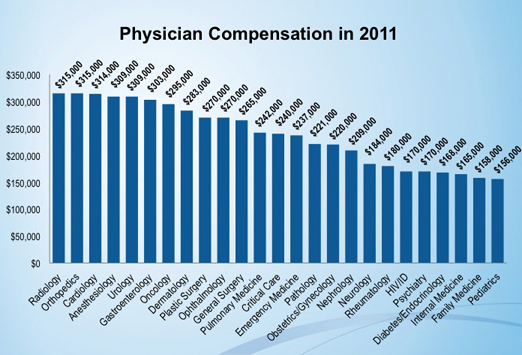



 My name is Andrew and I am a first year resident training to be an ophthalmologist. I created ShortWhiteCoats to provide medical students, residents, and the public with all the information I spent so many hours looking for during medical school.
My name is Andrew and I am a first year resident training to be an ophthalmologist. I created ShortWhiteCoats to provide medical students, residents, and the public with all the information I spent so many hours looking for during medical school.







